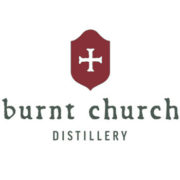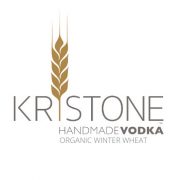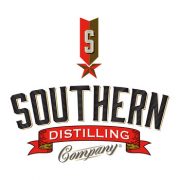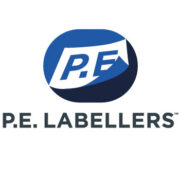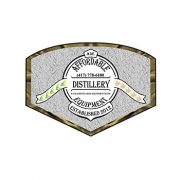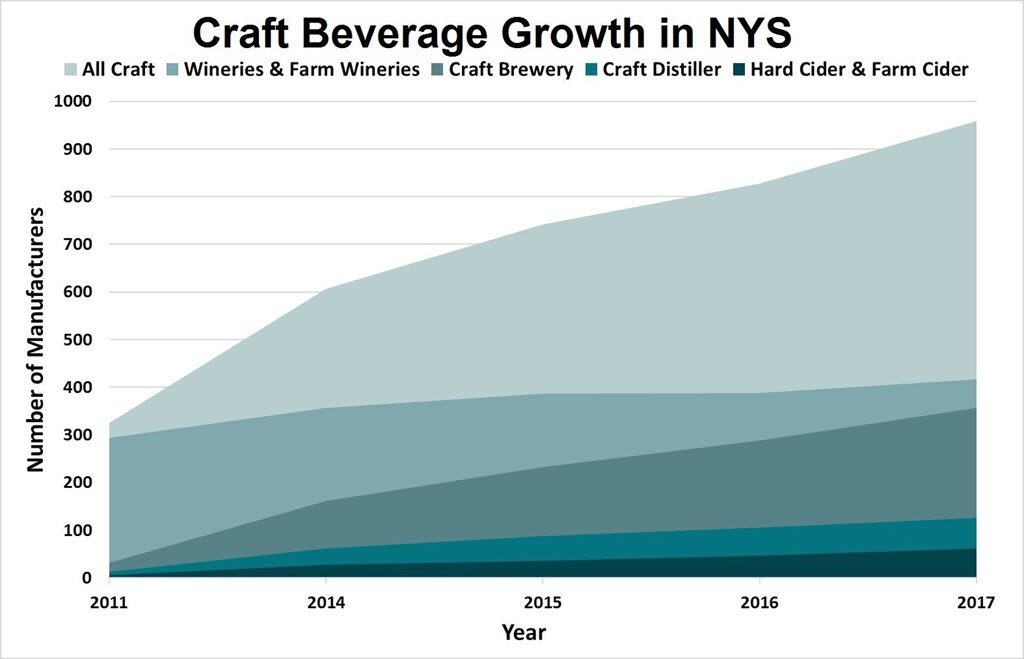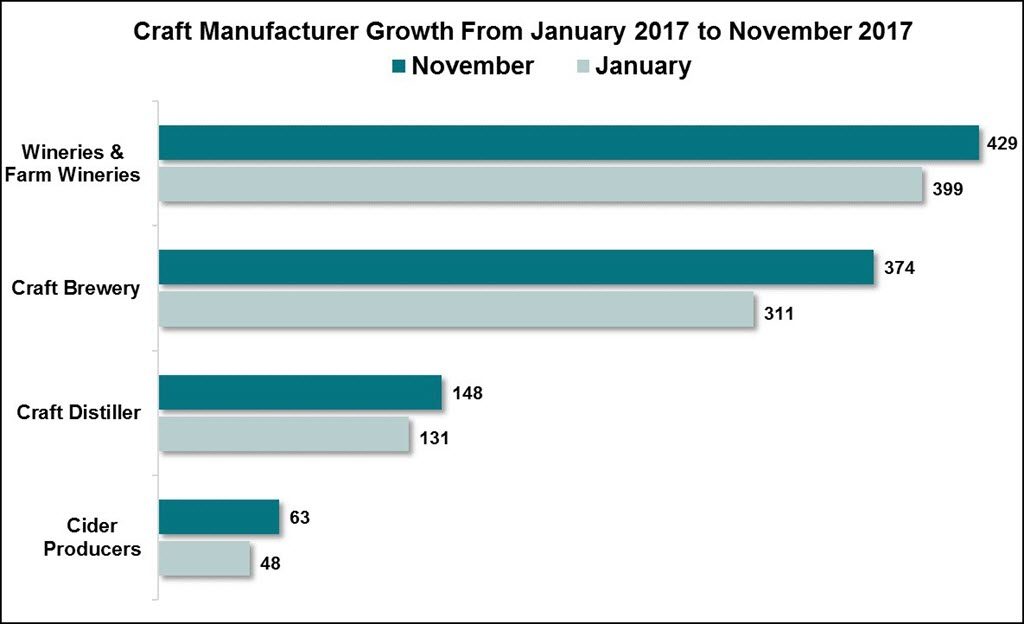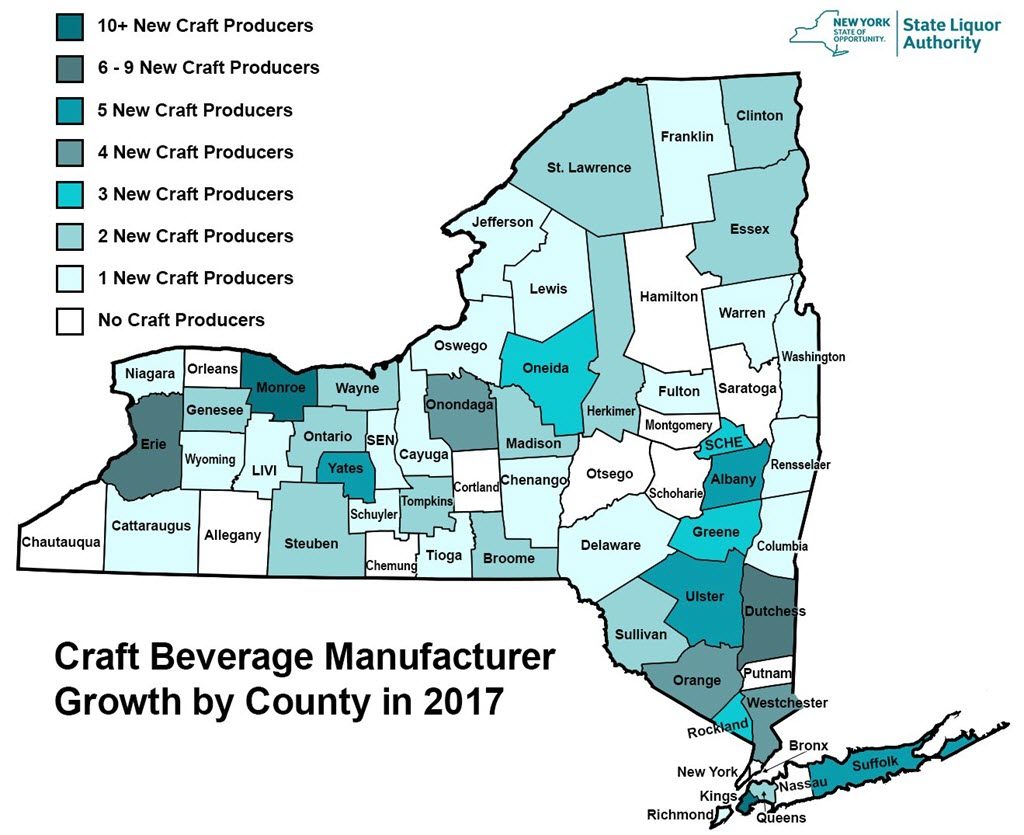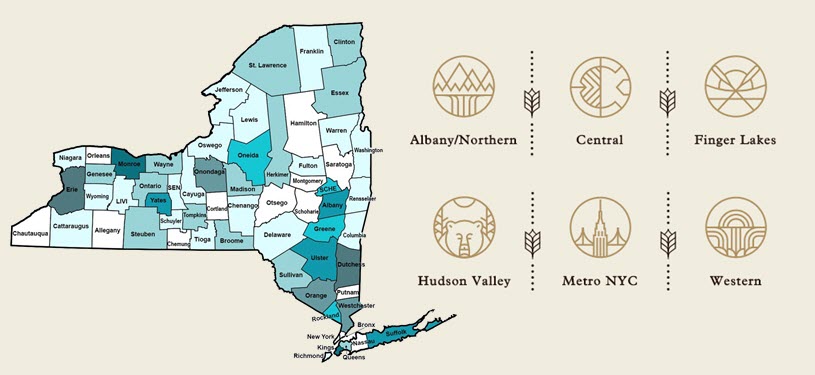
This line directly from New York Governor Cuomo’s office says it best, “Modernizing Laws, Easing Regulations, Eliminating Fees and Lowering Taxes Drives (Craft Beverage) Industry to Unprecedented Growth.” It’s not rocket science, it’s simply a matter of dissecting and rewriting laws that were written in the 1930s at a time when the nation was just coming off a 13 year hangover called Prohibition.
The number of craft beverage manufacturers has grown by 50 percent since the enactment of the Craft New York Act three years ago. The act was a direct result of the Governor’s Beer, Wine, Spirits and Cider Summits, the Craft Act went into effect on December 13, 2014, continuing the state’s support of the growing craft beverage industry. Since then, 340 new craft beverage businesses have opened their doors across the state.
Stay Informed: Sign up here for the Distillery Trail free email newsletter and be the first to get all the latest news, trends, job listings and events in your inbox.
“This administration has worked hard to cut red tape, lower costs and roll back burdensome regulations for New York’s craft beverage industry – efforts that are clearly paying off in every corner of this great state,” Governor Cuomo said. “I’m proud of the continued growth of this sector, which has created jobs, spurred tourism, supported New York farms and led to the creation of top-notch world-renown products.”
New York State has implemented a series of legislative and policy changes to capitalize on the soaring consumer demand for locally produced craft beverages and to make it easier to open and run a craft manufacturing business. These improvements include lowering taxes and fees, providing support for research, creating new licenses for farm breweries and cideries, rolling back restrictive regulations, cutting the time it takes to obtain a license in half and overhauling the state’s antiquated Alcoholic Beverage Control law.
The 2014 Craft Act cut burdensome requirements placed on producers and eased restrictions regarding the marketing of craft products by:
- Relaxing rules for conducting on and off-site tastings and sales

- Providing additional opportunities for small manufacturers to reach new customers
- Increasing annual production limits while keeping licensing fees low
- Allowing farm distilleries to open a no-fee offsite branch location
- Launching a $2 million Craft Beverage Marketing and Promotion Grant Program
- Launching a $1 million Craft Beverage Industry Tourism Promotion Grant
Since the Craft Act went into effect, New York State has experienced unprecedented growth in craft manufacturing, with an average of over two licenses issued each week for new breweries, distilleries, wineries and cideries throughout the state. In the three years since the Craft Act was enacted, 35 cideries, 60 wineries and farm wineries, 67 craft distillers and 178 craft breweries have opened for business in the state. Of those 340 new businesses, 260 are farm-based producers that use locally sourced ingredients in their production.
NY State Ranks in the Top 5 Craft Beverage Producers in the U.S. in Every Category
The number of craft beverage producers has increased in every region of the state since the signing of the Craft New York Act. New York State now ranks in the top five in the U.S. for its number of craft beverage producers in every category. The state ranks fourth in the country for both the total number of wineries and the total number of breweries, second in the country for the number of craft distillers and first for the number of hard cider producers.
New York State Liquor Authority Chairman Vincent G. Bradley said, “New York is being recognized across the country and across the world for our high-quality craft beverages. Governor Cuomo has fostered an environment in the state that allows these businesses to succeed and grow, and because of this, more and more producers are opening and contributing to the economy.”
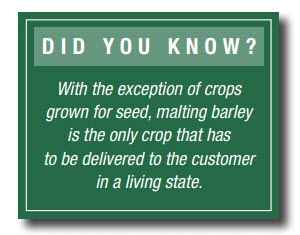
Cory Muscato, Partner at Lockhouse Distillery and President of the New York State Distillers Guild said, “Having now been three years since the passage of the Craft Act, it is even more obvious how much this bill meant to New York’s distilled spirits industry. A majority of our membership and industry have made significant investments in their own businesses due to the passage of this bill, including new tasting rooms, production facility equipment, and personnel. We can proudly serve our spirits alongside fellow New York-produced beer, wine, and cider by the glass, opening market access for producers which leads to more opportunities for growth. A tremendous thank you to Governor Cuomo for his leadership in making New York State the poster child of the nation’s successful craft beverage industry.”
Senator Rich Funke, Chair, Senate Cultural Affairs, Tourism, Parks & Recreation Committee said, “The innovation and development of New York’s craft beverage industry in recent years has been vital to tourism throughout New York State, especially in the Finger Lakes Region. Whether it is agri-tourism farm visits, tastings at local breweries, or concerts and other events that draw people to New York this growth is a crucial element to many of our local economies. As Chair of the New York State Senate’s Tourism Committee, I look forward to continuing to work with my colleagues to support the advancement of the craft beverage industry.”
Ripple Effect into Construction, Tourism and Farming
The changes have not only ushered in an explosion in the craft industry, but have also generated employment and economic development for supporting industries, including bottling, construction, freight, printing and advertising. New York agriculture has benefited directly from the Farm Brewery and Farm Cidery legislation through increased demand for locally sourced farm products. According to Cornell University, the acreage of hops grown in New York State has nearly doubled from 2014 to 2016, and the acreage of malting barley has increased by 374 percent in the same two-year time period, from 422 to approximately 2,000 acres. At the same time, to the growth of agritourism in the craft beverage sector further bolsters New York’s massive $100 billion tourism industry.
Please help to support Distillery Trail. Sign up for our Newsletter, like us on Facebook and follow us on Twitter.

